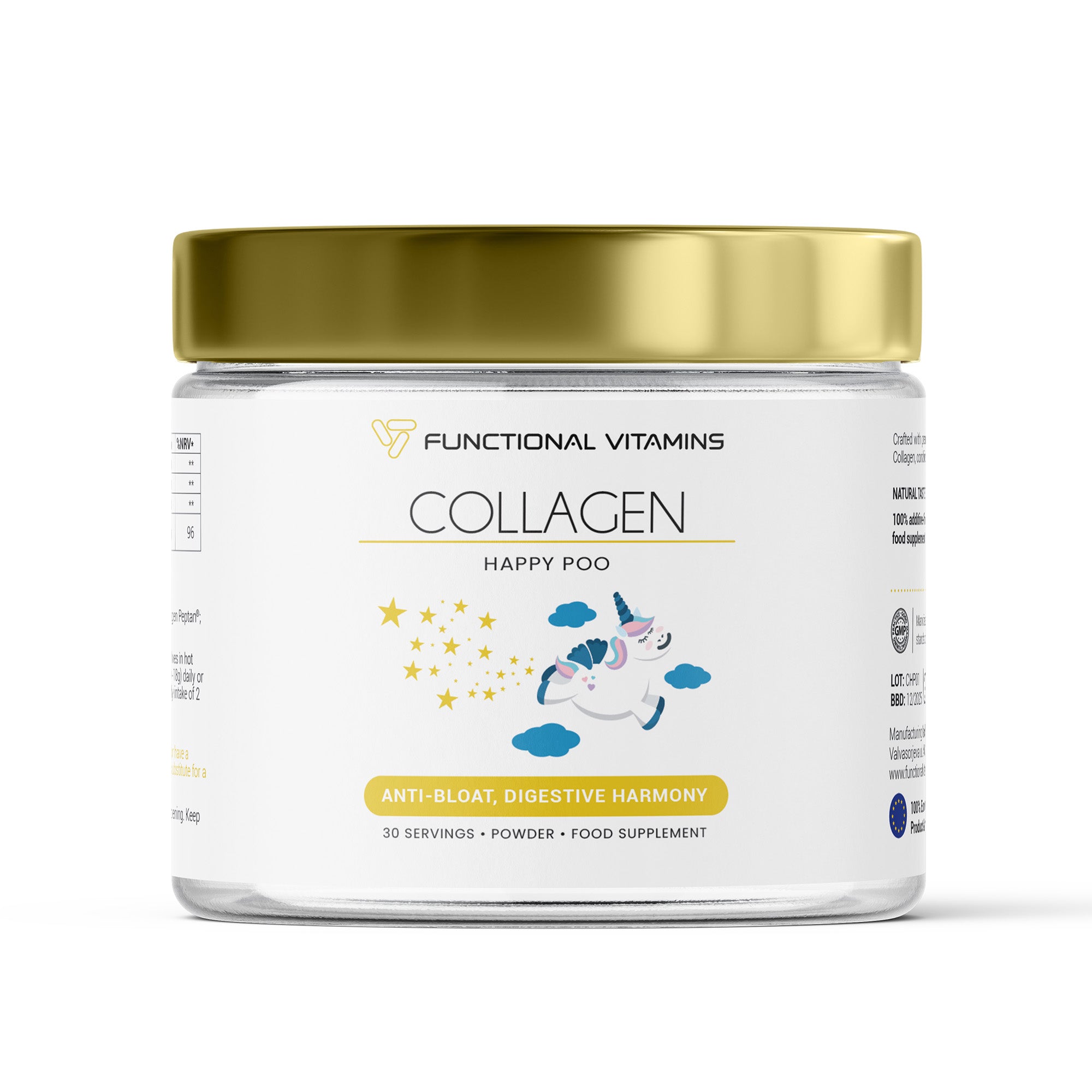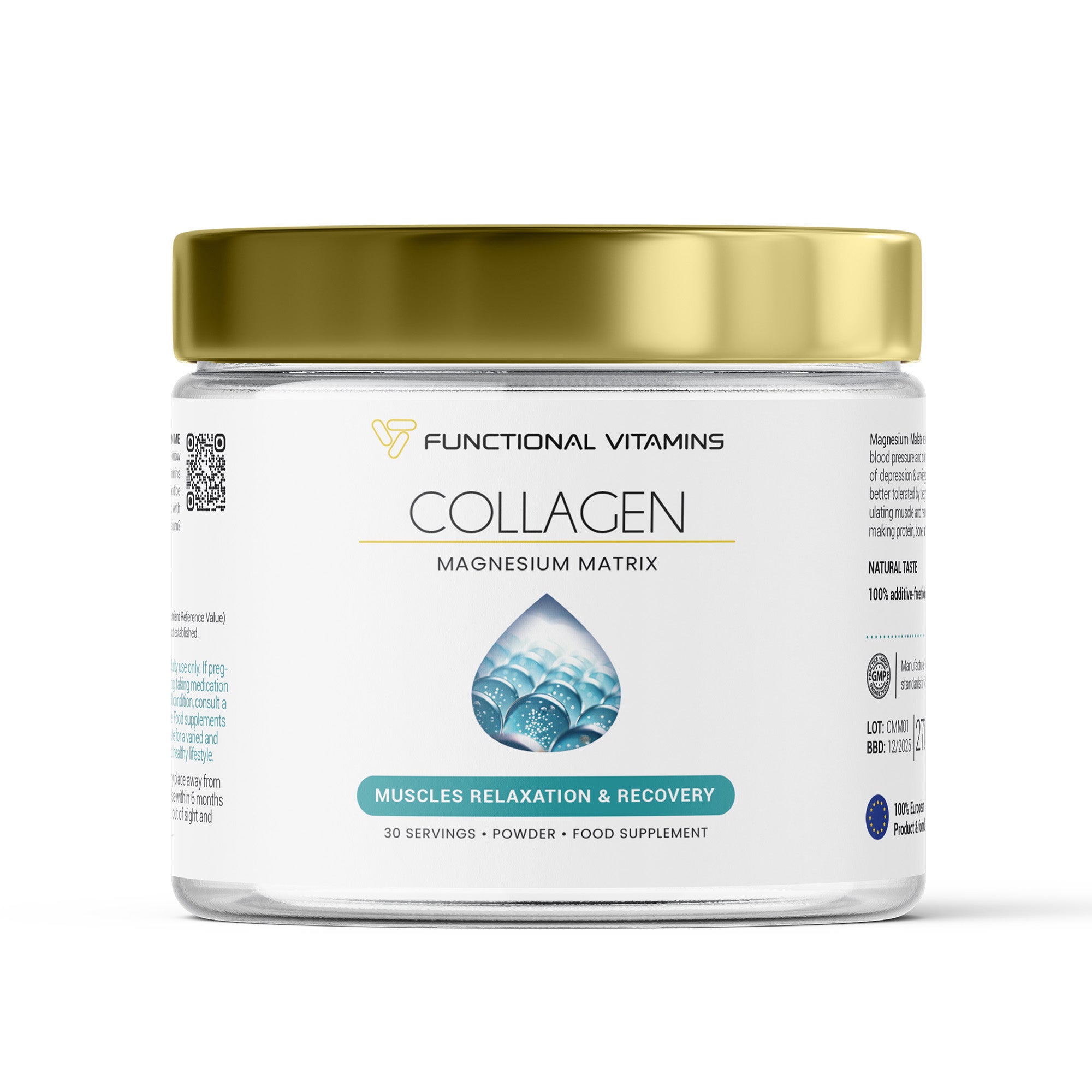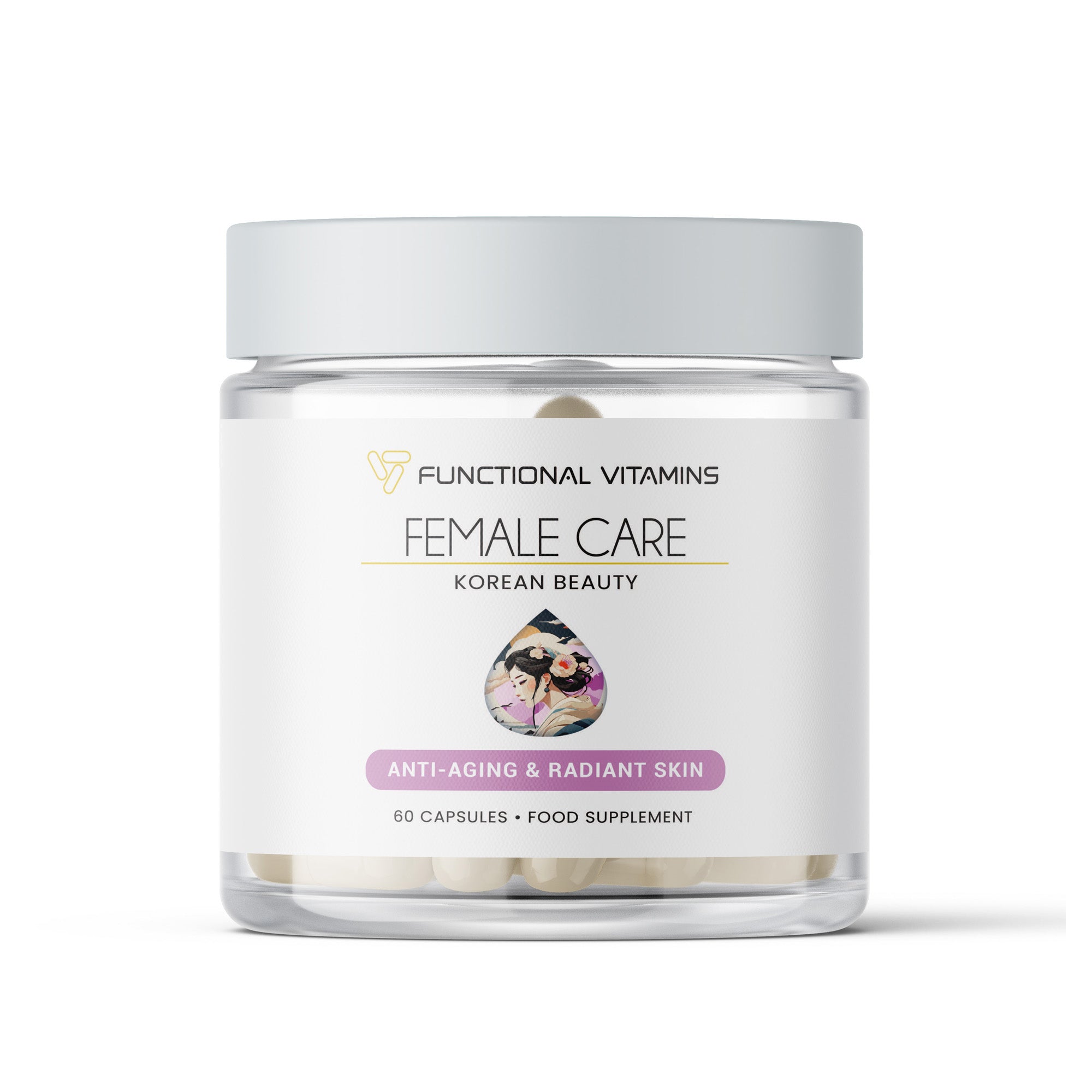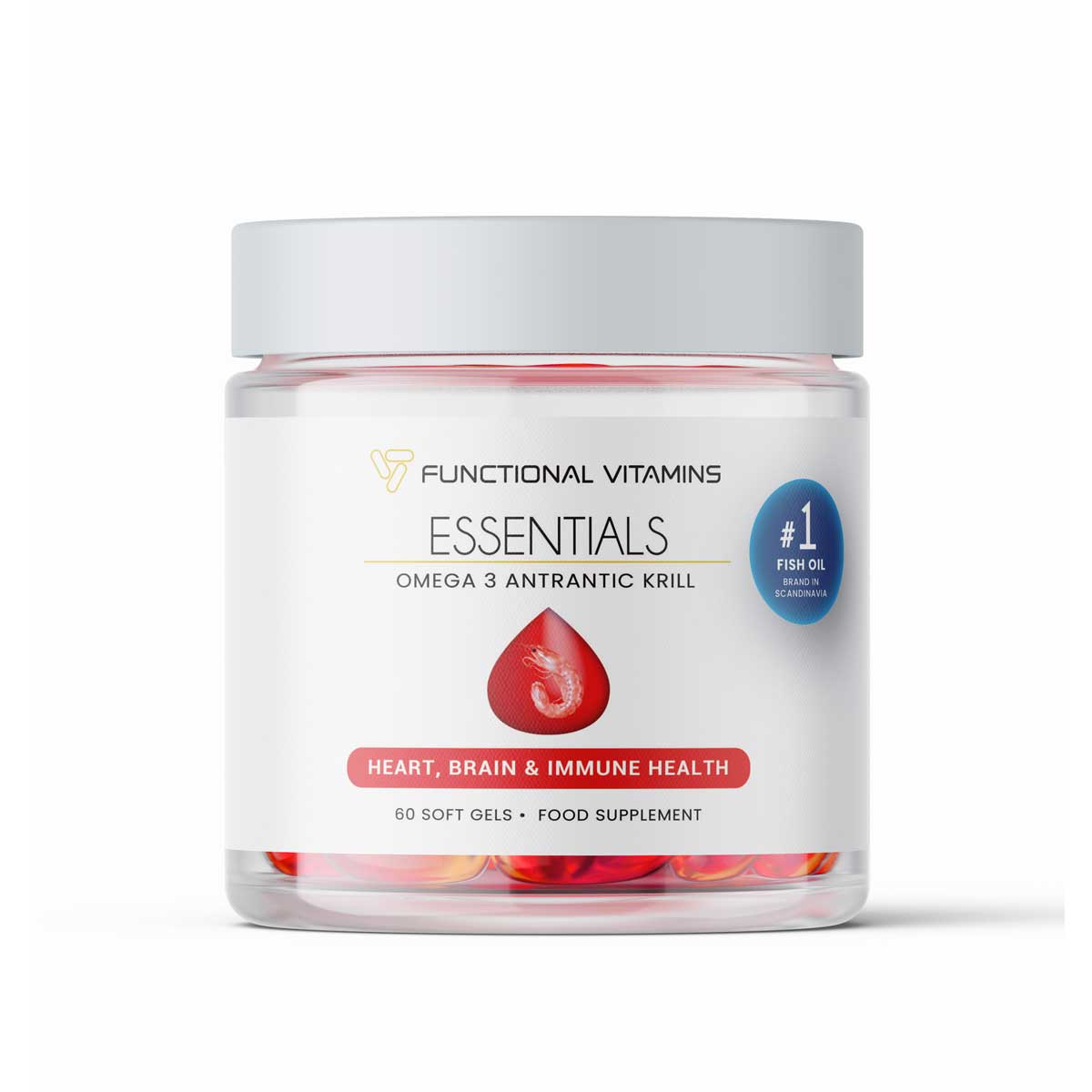Vitamin D has earned its reputation as the "sunshine vitamin" for a good reason. It’s not only a vital nutrient responsible for promoting strong bones, boosting immune health, and aiding calcium absorption but also plays a crucial role in reducing inflammation and supporting glucose metabolism. This fat-soluble vitamin is produced naturally by your body when exposed to sunlight, but getting enough can be tricky, especially in certain climates, seasons, and lifestyles. Below, we’ll dive into everything you need to know about Vitamin D, its benefits, and how to ensure you’re getting enough of it.
Vitamin D and Sunlight: What You Need to Know
We all know that sunlight is a significant source of vitamin D, but did you know that the skin around your eyes is where the vitamin absorbs most efficiently? Ironically, many people cover this area with sunglasses, reducing the vitamin's natural absorption.
Moreover, it’s essential to note that ultraviolet B (UVB) rays, which stimulate vitamin D production, can’t penetrate glass. So, if you spend a lot of time indoors, even in sunlight-filled rooms, your body won’t be getting much of this crucial nutrient.
Vitamin D’s Key Benefits
1. Bone and Teeth Health
One of the most well-known benefits of vitamin D is its ability to maintain healthy bones and teeth. It supports calcium absorption, ensuring your bones remain strong. A deficiency can lead to rickets in children or osteomalacia (softening of the bones) and osteoporosis in adults.
2. Reducing Inflammation
Vitamin D is known to modulate your body’s inflammatory response. Inflammation is a normal immune reaction, but chronic inflammation can contribute to a host of health issues, including autoimmune diseases, heart problems, and diabetes. Vitamin D helps to regulate inflammation, reducing the risk of these conditions.
3. Immune System Support
The immune-boosting properties of vitamin D have come to light recently, especially during the global health crisis. Vitamin D enhances the pathogen-fighting effects of monocytes and macrophages, both essential cells in immune defense, while decreasing inflammation. Studies even suggest that sufficient vitamin D levels may help reduce the severity of respiratory infections.
4. Promoting Glucose Metabolism
Vitamin D supports insulin sensitivity and is thought to play a role in regulating glucose metabolism. This can be vital for those managing or preventing type 2 diabetes.
Vitamin D2 vs. D3: What's the Difference?
There are two primary forms of vitamin D: D2 (ergocalciferol) and D3 (cholecalciferol).
-
Vitamin D2 comes from plant-based sources and is often suitable for vegans. It’s synthesized by exposing fungi to UV light and is commonly found in fortified foods.
-
Vitamin D3, on the other hand, is more commonly found in animal sources, such as fish and eggs. However, it’s also available in vegan supplements derived from lichen. Studies show that vitamin D3 is more effective at raising and maintaining serum levels of 25(OH)D, the main indicator of vitamin D levels in the body.
Both forms are essential in raising vitamin D levels, but vitamin D3 tends to be more effective in the long run.
Who Needs to Pay Extra Attention to Their Vitamin D Levels?
While everyone needs vitamin D, certain groups of people are at higher risk of deficiency:
- Vegans: Since many vitamin D-rich foods are animal-based, vegans should be mindful of their intake, opting for fortified foods or D3 supplements derived from lichen.
- People with Obesity: Vitamin D is stored in fat cells, which can alter its release into the bloodstream.
- Elderly Individuals: As you age, your skin's ability to produce vitamin D declines, and elderly people often spend less time outdoors.
- Individuals with Autoimmune Conditions: Autoimmune diseases, such as multiple sclerosis or rheumatoid arthritis, can exacerbate vitamin D deficiencies.
- People with Limited Sun Exposure: This can include individuals living in colder climates, those who cover their skin for cultural reasons, or people who work indoors.
- Cancer Patients: Vitamin D plays a role in reducing inflammation, which is why cancer patients, especially those undergoing chemotherapy, are often found to have lower levels of the vitamin.
- Individuals with Respiratory Infections or Asthma: Since vitamin D impacts the immune system, it can also help reduce the severity of respiratory issues, including asthma.
Study: Vitamin D’s Role in Chemotherapy Side Effects
Many patients undergoing chemotherapy tend to have vitamin D deficiencies, which can exacerbate side effects. Chemotherapy often triggers painful inflammation in the gastrointestinal tract, known as mucositis. Research shows that vitamin D not only helps reduce this inflammation but also boosts immune T-cell function, aiding the body’s ability to recover.
How to Increase Your Vitamin D Levels
1. Dietary Sources
While sun exposure is the best natural source of vitamin D, certain foods are also rich in this nutrient. Here’s a list of some of the top dietary sources of vitamin D:
- Wild Salmon: 600-1,000 IU of vitamin D3 per 100g serving.
- Canned Sardines: Approximately 300 IU per 100g serving.
- Cod Liver Oil: A powerhouse, with 400-1,000 IU of vitamin D3 per 5ml serving.
2. Vitamin D Supplements
If you’re not getting enough vitamin D through sunlight or diet, supplements are a convenient and effective option. Vitamin D3 supplements are generally preferred because they are better absorbed by the body. Always check with your healthcare provider to ensure you're getting the right dose.
Therapeutic Dosages
Therapeutic doses of vitamin D vary by age and medical condition. Below are some recommended therapeutic dosages for individuals with low vitamin D levels:
| Age Group | Recommended Daily Dose (IU) | Total Dose (Weekly IU) |
|---|---|---|
| Infants (up to 1 month) | 1,000 IU | 6,000 IU |
| Children (1-11 years) | 3,000-6,000 IU | 50,000 IU |
| Adults | 6,000 IU | 50,000 IU |
*Note: It’s important to consult with a healthcare professional before taking high doses of vitamin D supplements.
Why Monitoring Vitamin D Levels is Important
It’s essential to monitor your vitamin D levels, especially if you belong to one of the at-risk groups. Regular blood tests can help ensure that you’re maintaining optimal levels for bone health, immune function, and inflammation control.
Conclusion
Vitamin D is far more than just the "sunshine" vitamin; it's a vital nutrient that impacts nearly every aspect of our health, from bone strength to immune support. Unfortunately, many people worldwide are vitamin D deficient, which can lead to long-term health issues. Ensuring you get enough vitamin D, whether through sunlight, food, or supplements, is critical to maintaining optimal health.












Leave a comment
This site is protected by hCaptcha and the hCaptcha Privacy Policy and Terms of Service apply.